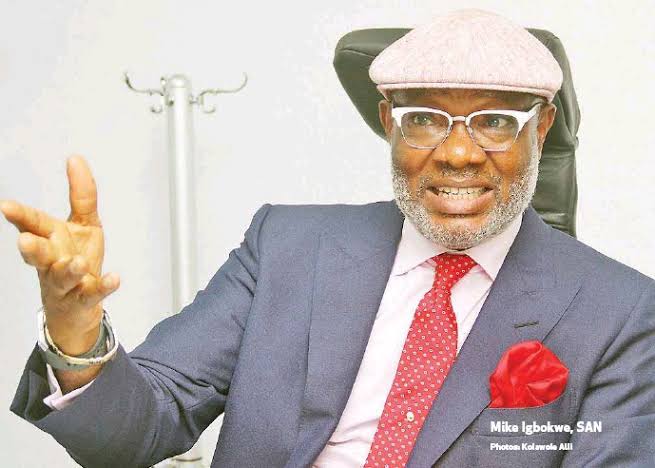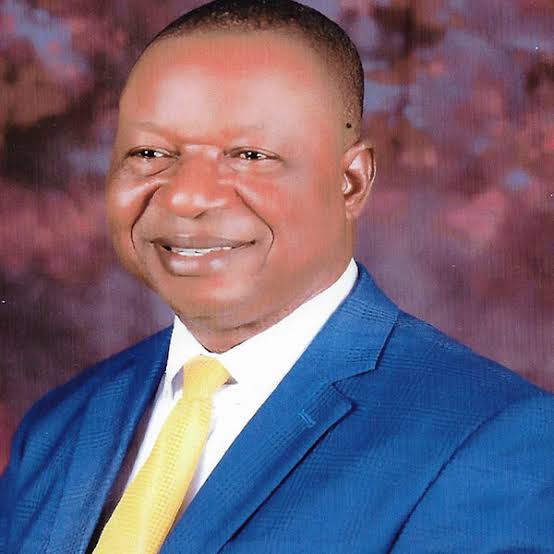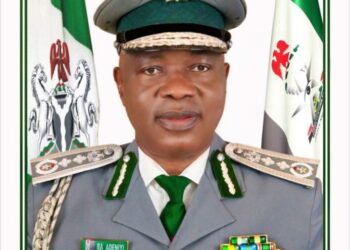By Joshua Yousouph
Maritime lawyers have expressed doubts about the possibility of some maritime industry bills scaling through the hurdles at the National Assembly and the mandatory Presidential assent, in view of the fact that the present administration is in its last days.
Currently, there are three Maritime bills waiting for concurrence at the National Assembly and two others awaiting President Buhari’s assent,
Checks my Shipping Position Daily revealed that the three major maritime bills which include: the Cabotage Bill, Merchant Shipping Bill and the Nigerian Maritime Administration and Safety Agency (NIMASA) bill have been passed by the House of Representatives and are currently with the Senate for concurrence.
The Chairman, House Committee on Maritime Safety, Education and Administration, Lynda Chuba-Ikpeazu had recently explained that these bills have been amended and passed accordingly.
She added that the bills were passed shortly before the Christmas break. She said the new laws will be made public after the legislative processes were concluded.
Recall that many indigenous Shipowners have expressed fears over some clauses and guidelines contained in the Cabotage Act as regards the disbursement of the Cabotage Vessel Finance Fund. The Director General of NIMASA, Dr Bashir Jamoh while clearing the air earlier informed that the Cabotage Act has been successfully amended awaiting the National Assembly’s approval.
However, speaking with Shipping Position Daily last week, a foremost maritime lawyer and Senior Advocate of Nigeria, Barr. Mike Igbokwe stressed that any bill before the National Assembly cannot become an Act enforceable or binding on Nigerians, the government or authorities, unless the bill has been passed and become an Act according to the provisions of the constitution.
Igbokwe lamented that most times lawmakers do wait until the last minute towards the tail end of their tenure before they start rushing through some vital legislation, especially those of the Maritime sector. He emphasized that if care is not taken, these bills may not see the light of the day.
Speaking further, Barr. Igbokwe noted that the currently amended Cabotage Act cannot be implemented for the disbursement of CVFF, until it is passed by the National Assembly and assented to by the President.
He advised NIMASA as the implementation agency not to wait until the amendment of the Act, adding that the provisions of the Cabotage Act and the guidelines for the disbursement of CVFF are sufficient for implementation.
“It is painful that most of the times our lawmakers will wait until the last minute towards watch the tail end of their tenure before this now start rushing through some vital legislation, especially those of the Maritime sector.
“You will recall that when the government was to change and hands from Jonathan to Buhari’s government, the National Assembly sent about 300 bills at the last minute and everybody was asking where were they until the last minute; why, why?, did they go to sleep? This same Cabotage and NIMASA Acts were some of the Acts awaiting amendment then.
“If care is not taken, these bills may not see the light of the day which will be a pity. But I will not be surprised because we have gone through this route before; that is why I really don’t have much confidence in the fact that they will pass it. But I pray that they do, because we really need this amendment to set a lot of things right; unless there’s some vested interests that have been intervening and preventing them so that the status quo may remain. If not, there’s no reason they should be waiting till now when the bill have been there before they joined the National Assembly.
“As a result of that, NIMASA which is the implementation agency of the Cabotage Act cannot begin to await an Act that has not been passed before it will disburse the CVFF. The provisions of the Cabotage Act and the guidelines for the disbursement of CVFF are sufficient for NIMASA to disburse the fund. The Cabotage Act of 2003 is an extant law that is enforceable. They don’t have to wait until the Act has been amended, before they can implement “, Igbokwe said.
Commenting on the National Transport Commission (NTC) bill which has been passed by the Senate awaiting the President’s assent, Igbokwe said the NTC bill is another important bill in the maritime sector, adding that it is supposed to restructure the maritime industry for the betterment of the stakeholders and the economy of Nigeria.
In his words: “Such beneficial bill should not be delayed in the course of passing them as an Act of the National Assembly. So my prayer is that Mr. President will get it assented to. If he has any challenges of contradicting positions, those things can always be resolved at the National Assembly and at least we can have the Act enacted before they leave office”, Igbokwe concluded.
On his part, another Maritime Lawyer and Chairman of Institute of Chartered Shipbrokers (ICS) of Nigeria, Dr Chris Ebare stated that the Cabotage Act is one of the enemies of progress in the development of shipping in Nigeria. 
Dr. Ebare noted that the review and amendment of the three major maritime Acts currently at the National Assembly is long overdue, adding that the Institute is already working on the international conventions to see how it can meet up with international standards.
The Institute Chairman however urged NIMASA in collaboration with the Nigeria Ports Authority (NPA) and Nigerian Shippers’ Council (NSC) to team up together to ensure that the maritime bills scale through at the National Assembly, so that Nigeria can have a robust ship development law in place.
He said: “The last time that my organization went to see the DG of NIMASA, I told him that Cabotage Act is one of the enemies of progress in the development of shipping in Nigeria. Many countries in the Middle East, even the United States and all the rest have moved away from that protectionist ship development and they have opened up their coastal regime for other foreign operators to come in”
“The Cabotage Act have really slowed down the development of shipping in Nigeria. There are too many powers given to the Minister such as Minister can authorize foreign vessels and barges, when there is a vessel that Nigerian don’t have or minister can allow them to come into the country at the breach of our own internal.
“I think the review is long overdue and I am urging NIMASA in collaboration with NPA and Shipper’s Council to team up together to ensure that the bills scale through at the National Assembly, so that we can have a robust ship development law in place. The same thing applies to the Merchant Shipping Act. We are already working on the international conventions to see how they can meet up with international standards.
Speaking on the NTC Bill, Ebare said: “I know the President will sign that because. Let them put the right people in the right position. These are the issues killing the maritime industry. It is not a question of passing the Law, but who will be appointed to head this laudable project of the NTC Bill.
shippingposition
Kindly like us on Facebook/twitter















